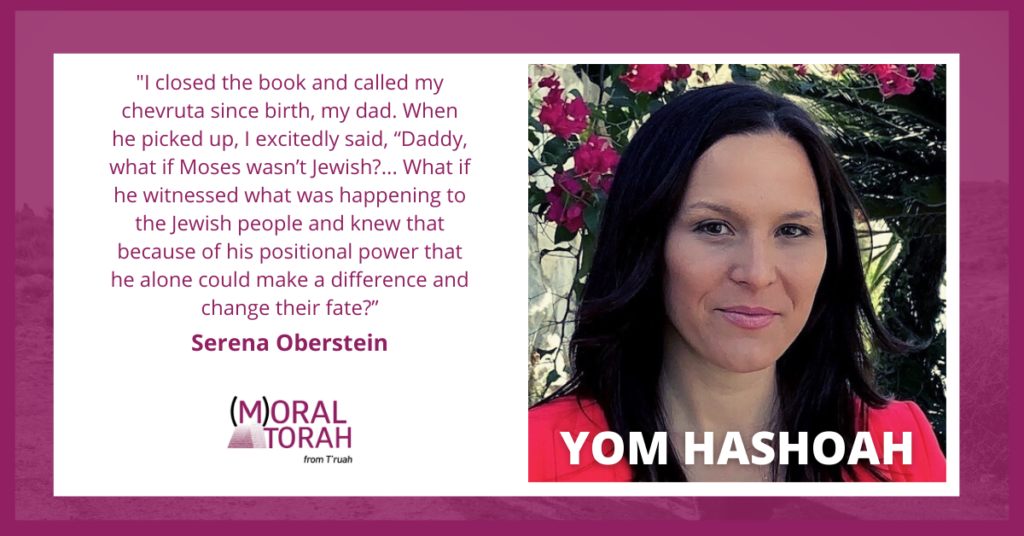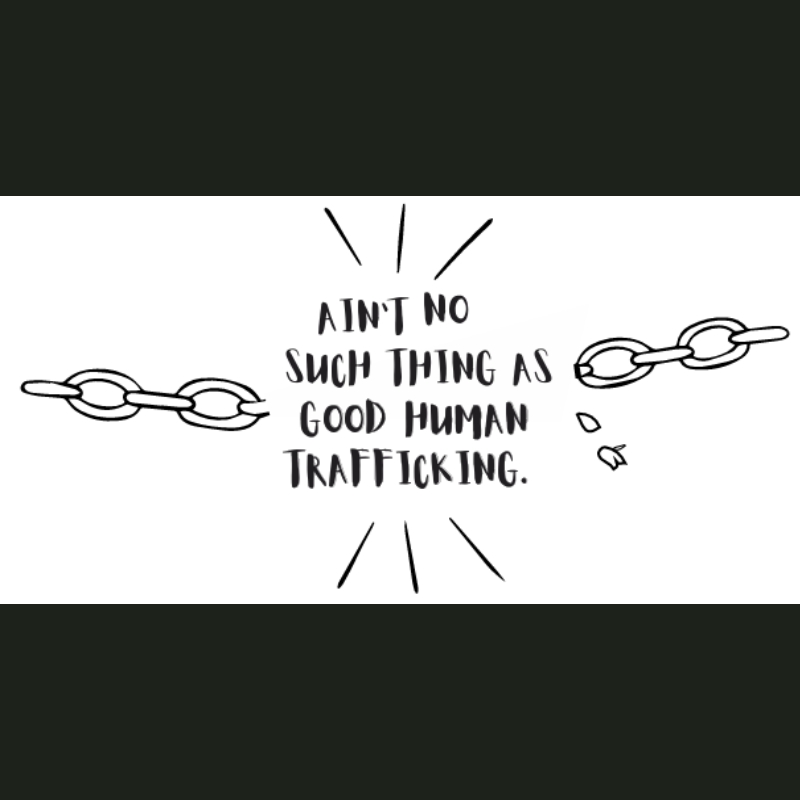Resources

Rejecting Militant Literalism, Reclaiming Jewish Imagination
To put our trust in the gods of militarism and brute strength, to conflate the presence of God with armed combat, is to succumb to idolatry, to assimilate into a culture that conflates might and morality, violence and virtue.
more

Illuminating Service
Just as the Menorah is juxtaposed to the appointment of the Levi’im, so too do we have a responsibility – not just to our veterans, but to those who died defending this country.
more

A Blessing of Peace for Jerusalem
Everyone in Jerusalem – every Palestinian resident and citizen, every Jew, every activist standing in solidarity across lines of difference...was at one time a child, ready to receive a parent’s tender blessing given in love.
more

A Commitment to Justice Means Remembering Our Tribes
But whether or not the Sinai wilderness was ever ownerless as the midrash suggests, in North America, the so-called wildernesses never have been. Those places — and indeed every square mile of North America — have always been, and continue to be, the home of specific tribes of Indigenous peoples.
more

Migrants on God’s Land
That’s how I found myself chanting and marching, yelling to children that they were not forgotten, that they were loved – while holding the hand of my youngest son, whom I love so much it hurts. Having a child is like letting your heart walk around outside of your body.
more

Lag BaOmer: From Mourning into Action
Rabbi Elana Nemitoff-Bresler on how thinking of Lag BaOmer as the end of shloshim also reminds us that we have to move from grief into action.
more

In This Stormy Moment, We Must Make Room For Everyone On The Boat
This week's Torah reading of Parshat Kedoshim questions us about our human relationships, how we treat our siblings, and how we relate to our neighbors to make this world a better place to live. So here I go back to the beginning. When I read in Kedoshim, "Do not stand before the blood of your neighbor" (Leviticus 19:16), I feel the moral obligation to shout that it is not nationality that makes a life something sacred and that we have the responsibility to watch over our neighbors.
more

The Holy Task of Welcoming People Re-Entering Society
The experiences of those returning from incarceration recall the Torah’s description of someone with tzara’at, an infectious and highly stigmatized skin disease.
more

Embodying “Never Again”: Learning the Lessons of Pesach in time for Yom HaShoah
The horror stories we’re hearing about Uyghur people taken in the night, being separated from their families, having their heads shaved, put on trains, interned, forced into slave labor, and systematically murdered are all too familiar to the Jewish community.
more
Law and Order? Or: How We Keep People Safe
In the current climate of police violence, particularly against people of color; political campaigns calling for law and order; and activist calls to defund the police, how might Jews respond? The following sources suggest an approach that flows from classical Jewish sources, through a lens informed by contemporary progressive values.
more



